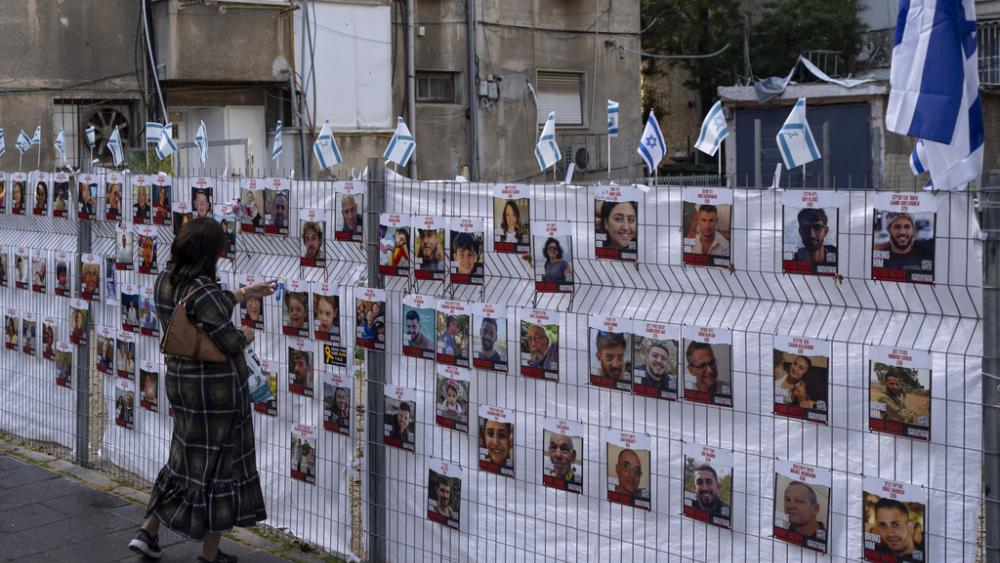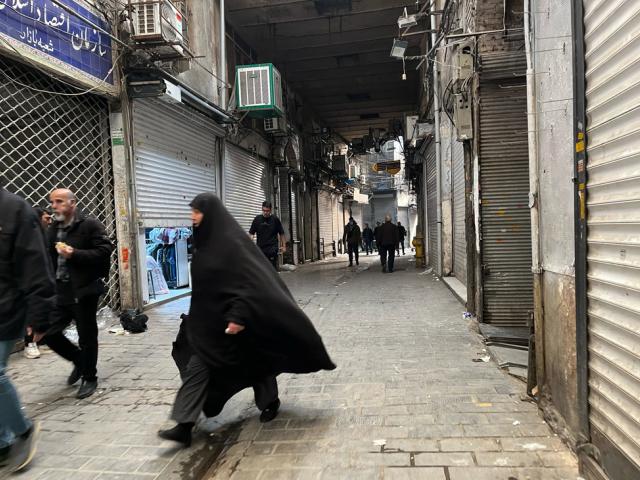JERUSALEM, Israel – On Tuesday night, the Israeli government approved a partial hostage deal with the terror group Hamas. The agreement brings opportunities but also dangers.
The war cabinet presented the agreement to Knesset members. It's a deal that will take place in two stages. In stage one, Hamas will release 50 Israeli women and children over a 4-day pause in the fighting. Israel will also release 150 Palestinian prisoners, mostly women and minors. Israel will then allow around 300 aid trucks per day to enter Gaza from Egypt, plus more fuel.
In stage two, the release of an additional ten hostages will result in one additional day in the ceasefire. Some warn it will be hard to resume the war once it's stopped.
Yet, Israeli Prime Minister Benjamin Netanyahu insisted the war will go on.
"There is idle talk outside, as if after the truce to return our abductees, we will stop the war," said Netanyahu. "So, I would like to make it clear: we are at war – and we will continue the war. We will continue the war until we achieve all our objectives; eliminate Hamas, return all our abductees and missing persons, and ensure that there will be no element in Gaza that threatens Israel."
***Please sign up for CBN Newsletters and download the CBN News app to ensure you keep receiving the latest news.***
CBN News war correspondent Chuck Holton, who has talked with Israelis as he traveled throughout the country during the fighting, says the deal answers a global cry for freedom for those who were held captive.
"You have the chance to get out, especially some of the women and children that are being held hostage. And there are so many people here in Israel and elsewhere around the world who are clamoring for that," Holton says.
But he believes it also involves risk.
"They have to weigh the fact that this is going to put more IDF soldiers at risk, because the longer you have troops in the field, the more risks that they take on," Holton adds. "And it lends some legitimacy to Hamas. So that's not a good thing. It also takes the pressure off Hamas for a time, at least for several days, and lets them have time to rearm and refit and rest and plan what they're going to do next. And so ultimately, it will probably draw out this conflict longer, which obviously is not a good thing."
In 2011, Israel released more than 1,000 Palestinian prisoners, including Yahya Sinwar, who is now the head of Hamas in Gaza, in exchange for a single Israeli soldier. On October 7th, Hamas kidnapped more than 240 hostages. Since then, their return has been part of a nationwide and global campaign to bring them home.
The IDF released footage this week that showed some of the hostages were brought into the Al Shifa Hospital.
While the return of 50 hostages will bring relief to dozens of Israeli families, the anguish of nearly two hundred other families will go on.
These are the names and pictures of those set to be released by Hamas.
This is about 1/5th of the total kidnapped but — thank God — many of the children.
We won’t stop until we have them all.#BringThemHomeNow
— Rev. Johnnie Moore ن (@JohnnieM) November 22, 2023
Did you know?
God is everywhere—even in the news. That’s why we view every news story through the lens of faith. We are committed to delivering quality independent Christian journalism you can trust. But it takes a lot of hard work, time, and money to do what we do. Help us continue to be a voice for truth in the media by supporting CBN News for as little as $1.












 Support CBN News
Support CBN News







